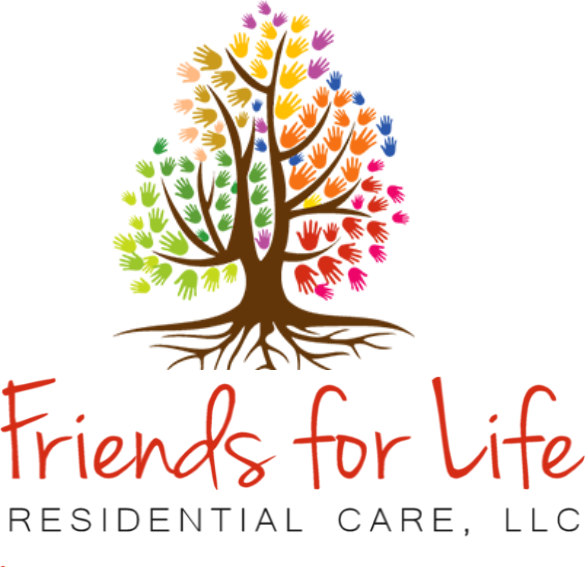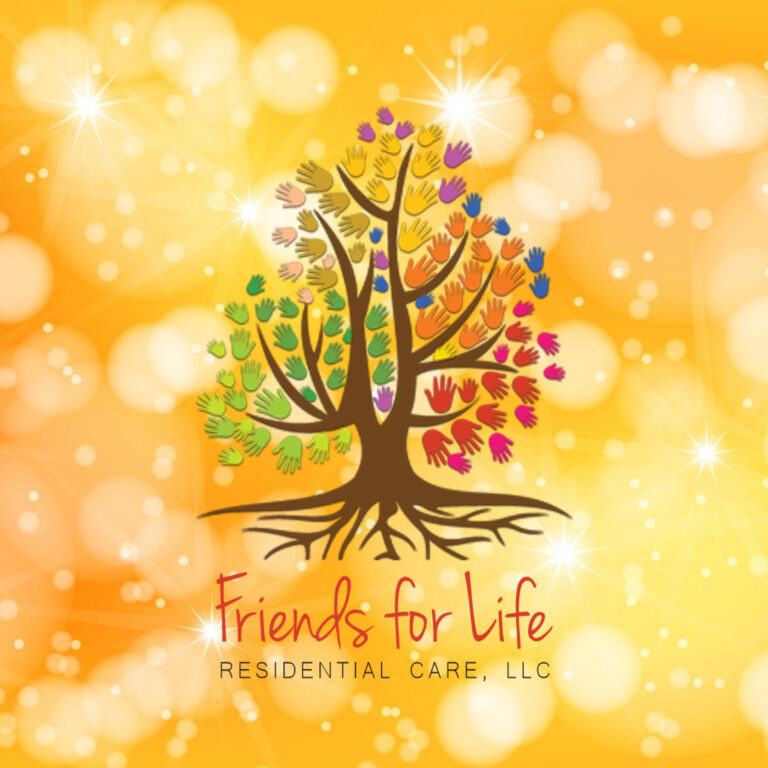Disability Support & Parenting Ep 2: Lisa Comes on Embracing Challenges & Celebrating Uniqueness
In this heartfelt and insightful episode of “DSP: Disability, Support and Parenting,” host Sarah Davies and guest Lisa Comes delve into the complexities and joys of parenting, with a special focus on raising children with disabilities. They share their personal experiences and the lessons they’ve learned along the way, offering a blend of humor, honesty, and wisdom. The discussion covers a range of topics, including the value of including children with disabilities in regular activities like karate or swim classes, emphasizing the benefits of socialization and seeing others face similar challenges. They also explore the role of schools in children’s lives, advocating for the value of experiences outside the traditional educational system, such as family vacations and advocacy events. Lisa and Sarah share their parenting philosophies, highlighting the significance of listening to their children, validating their feelings, and fostering open communication. They challenge conventional views on parenting, discussing how to balance respecting children’s opinions while guiding them as a parent. The conversation touches on building resilience in children, recognizing their individual strengths and weaknesses, and avoiding overemphasis on diagnoses or labels. The hosts offer practical advice on parenting, from using sticker charts for behavior management to understanding that as a parent, it’s okay to change your mind based on new information. Lisa and Sarah conclude the episode with a reminder that parenting is a journey of progress, not perfection. They encourage parents to love their children the best they can, understanding that there’s no one-size-fits-all approach to parenting. Listen to this episode if you’re a parent seeking guidance, inspiration, or just a sense of camaraderie in the often challenging but rewarding journey of raising children, especially those with unique needs. Note: This description is based on the transcribed content of the YouTube video provided. The actual video should be referred to for complete details and context.




